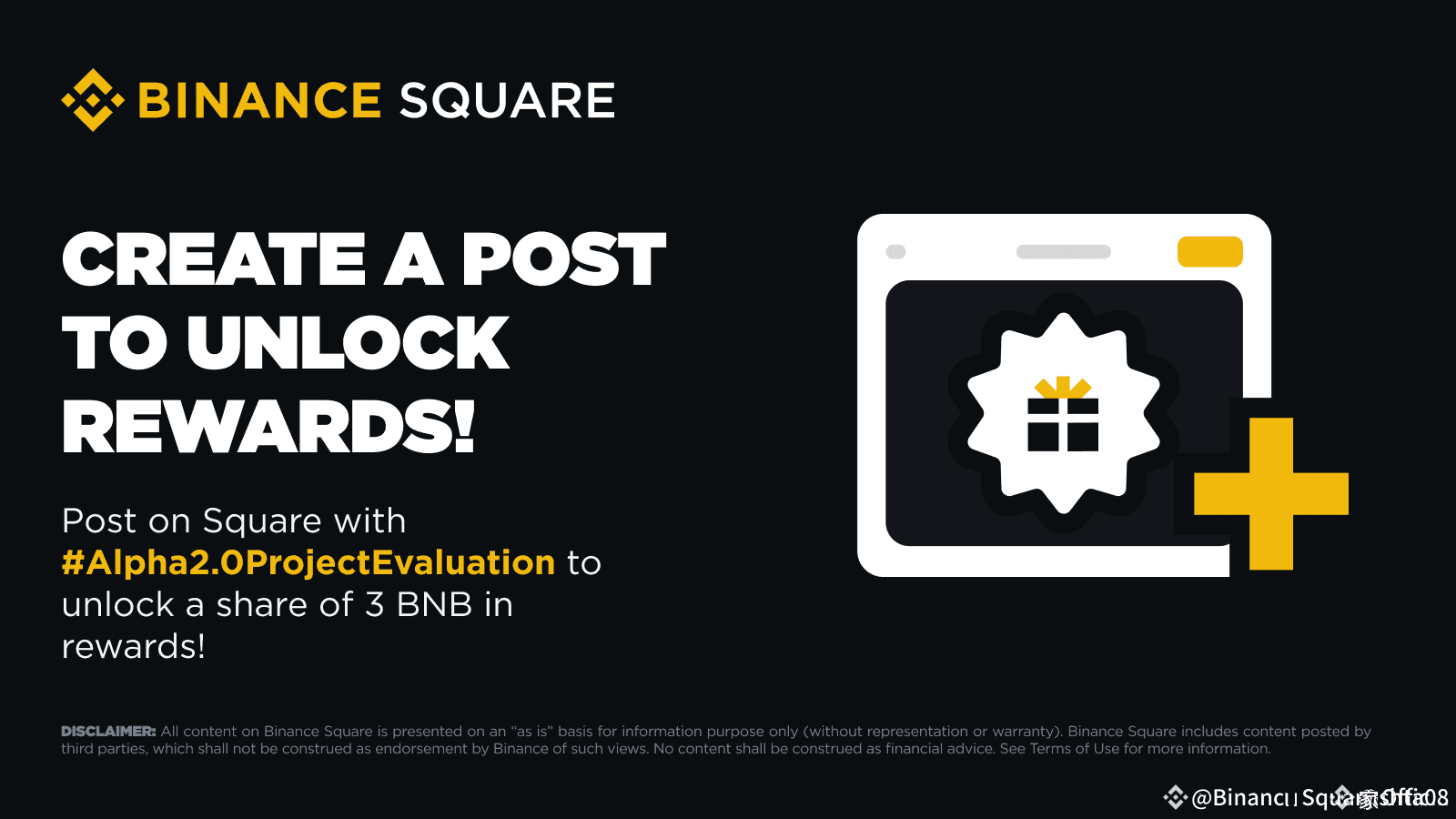🔹 Alpha 2.0: Transforming the Market & Trader Adaptation
🔸 Before Alpha 2.0 – The crypto market was fragmented, with limited access to real-time data and inefficient trading strategies. Traders relied on outdated indicators and manual analysis.
🔸 After Alpha 2.0 – With AI-driven analytics, advanced trading algorithms, and real-time data insights, traders now have a competitive edge. Alpha 2.0 enhances precision in decision-making, reducing risk and improving profitability.
🔸 Traders' Adaptation – More traders are leveraging automated bots, AI-generated market trends, and Alpha 2.0's predictive models to execute smarter trades. Risk management tools have become more accessible, allowing for better portfolio diversification.
🔸 Coins Affected by Alpha 2.0 – BTC, ETH, SOL, BNB, XRP, MATIC, AVAX, and LINK have seen increased trading volumes due to improved AI-driven insights and strategic investments.
🔹 Trending Coins & Their Projects
🔸 Bitcoin (BTC) – The pioneer of cryptocurrencies, BTC is primarily used as a store of value and digital gold. With increasing institutional adoption and ETF approvals, its market dominance remains strong.
🔸 Ethereum (ETH) – The backbone of decentralized applications, Ethereum continues to lead in smart contracts and DeFi. The transition to Ethereum 2.0 aims to improve scalability and lower fees.
🔸 Solana (SOL) – Known for its high-speed transactions and low fees, Solana is a key player in DeFi and NFT markets. Recent upgrades have enhanced network stability.
🔸 Binance Coin (BNB) – Integral to the Binance ecosystem, BNB is used for transaction fees, token launches, and staking. With ongoing Binance Smart Chain (BSC) developments, its utility remains high.
🔸 Ripple (XRP) – Aimed at revolutionizing cross-border payments, XRP has gained traction with financial institutions despite ongoing legal battles.
🔸 Polygon (MATIC) – A layer-2 scaling solution for Ethereum, Polygon enhances transaction efficiency and is widely adopted in gaming and DeFi.
🔸 Avalanche (AVAX) – Competing with Ethereum, Avalanche offers fast, low-cost transactions for DeFi and enterprise blockchain solutions.
🔸 Chainlink (LINK) – A decentralized oracle network that connects smart contracts with real-world data, enhancing blockchain functionality.
🔹 1. Use Case and Market Potential
🔸 Real-World Utility – A coin’s true value lies in solving real-world problems or enhancing industries. The stronger its use case, the more likely it will achieve long-term success.
🔸 Adoption Rate – A widely adopted coin sees more real-world transactions and integration with businesses and platforms.
🔸 Scalability & Innovation – Projects that continuously evolve with new technology and improvements stay competitive.
🔸 Competitive Analysis – Understanding how a coin stands against competitors helps determine its market position and longevity.
🔹 2. Market Demands and Competitive Landscape
🔸 Sector Growth – Coins tied to expanding industries (DeFi, NFTs, AI, Web3) have a higher chance of sustainability.
🔸 Regulatory Impact – Government policies can heavily influence adoption, either boosting or restricting growth.
🔸 Major Partnerships – Collaborations with established firms increase credibility and enhance adoption rates.
🔸 Industry Standing – Analyzing how a project compares with similar initiatives helps predict its potential dominance.
🔹 3. Community and Engagement
🔸 Community Strength – A strong and active community often signals long-term sustainability and support.
🔸 Social Media Activity – Frequent discussions on platforms like Twitter, Telegram, and Reddit indicate strong investor interest.
🔸 Transparency & Updates – Regular communication from the project team builds trust and reassures investors.
🔸 Developer Activity – Continuous development, code updates, and testnet progress show a dedicated team working on innovation.
🔹 4. Token Performance and Market Metrics
🔸 Price History & Volatility – Past trends help predict future movements and identify risk levels.
🔸 Market Capitalization – A higher market cap usually signifies stronger investor confidence and stability.
🔸 Liquidity & Trading Volume – High liquidity ensures smooth transactions, while strong volume reflects active market participation.
🔸 Whale & Institutional Interest – Observing large investor movements helps anticipate potential price shifts.
🔹 5. Future and Past Prospects
🔸 Roadmap Completion – A history of meeting milestones suggests reliability and future credibility.
🔸 Upcoming Upgrades & Events – Major events like token burns, mainnet launches, or partnerships can drive price movements.
🔸 Long-Term Vision – A well-defined roadmap indicates the project’s commitment to growth and innovation.
🔹 6. Market Psychology & Investor Sentiment
🔸 Fear & Greed Index – Monitoring market sentiment helps investors decide whether to buy or sell.
🔸 Hype vs. Substance – Short-term hype often fades; only projects with solid fundamentals sustain long-term growth.
🔸 Institutional Interest – The participation of hedge funds and major investors often signals a project’s credibility.
🔸 Macroeconomic Factors – External events like inflation, interest rates, and stock market trends impact crypto prices.
🔹 7. Upcoming Events & Catalysts
🔸 Mainnet Launches – A shift from testnet to mainnet often boosts investor confidence and adoption.
🔸 Exchange Listings – Listings on major platforms increase accessibility, liquidity, and price action.
🔸 Strategic Partnerships – New collaborations can drive demand and open new use cases.
🔸 Regulatory Announcements – Global policy updates can have both positive and negative effects on crypto projects.
🚨 Terms & Conditions (T&C) 🚨
⚠️ This analysis is for informational purposes only and does not constitute financial advice.
⚠️ Cryptocurrency investments are highly volatile and involve significant risks.
⚠️ Always conduct your own research (DYOR) before making any financial decisions.
⚠️ Past performance does not guarantee future results.
-----
Stay informed. Stay ahead. 🚀
📢 Like & Follow for more updates! 🔥

